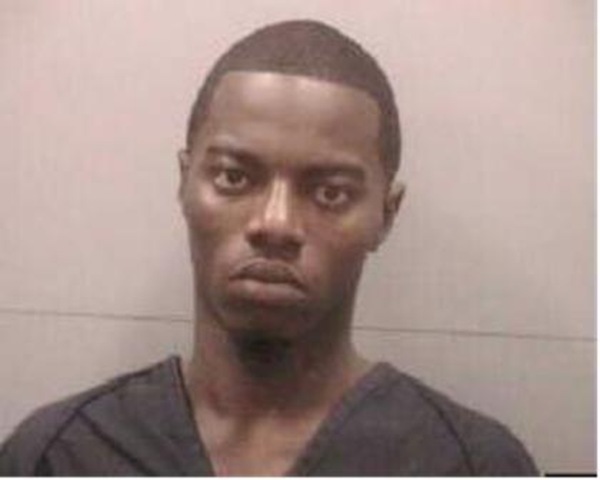Live 5 News
December 13, 2013

On Oct. 13, 2013, 18-year-old Martha Childress’ life changed forever.
As she awaited a taxi to take her back to her dorm room on the campus of the University of South Carolina, Childress was struck by a stray bullet fired from a gun by a man she had never even met.
The bullet hit Childress in the ribcage and she immediately collapsed to the ground. She says she remembers everything that happened in the moments after she was hit.
“I didn’t really know I was shot at first. I just knew I heard a loud bang and I fell and didn’t really know what was going on and I couldn’t feel my legs,” said Childress. “I looked over to my best friend, who was standing next to me, and I just told her, ‘I can’t feel my legs. I can’t move.’”
Childress says chaos surrounded her in those desperate moments where she didn’t exactly know the extent of her injuries. She repeatedly asked anyone in the area what happened and she finally received the word as her lungs began to fill with blood.
“Then finally, I was like, ‘Please tell me what’s going on,’ and they told me I was shot,” said Childress. “I just went quiet. I had no idea, and then all these crazy questions went through my mind like, ‘Why would someone do this to me, what happened, why did I deserve this?’”

She was transported to Palmetto Health Richland Hospital in critical condition where doctors finally told her she was paralyzed. It was a fact Childress said she already knew.
“I had the worst idea in my mind, I knew, though, I was. It just confirmed what I already knew,” said Childress. “It was hard.”
After almost a week in intensive care, Childress was moved to the Shepherd Center in Atlanta to begin the long rehabilitation process. It was a transition she was not prepared for, she said.
“Coming here was a big adjustment,” said Childress. “I wasn’t ready for what I was about to get into. It’s very demanding and grueling here. It’s hard to learn these things because you start all over.
Childress said the rehab process brought out plenty of anger and frustration about her plight, but she pressed on.
“I was angry at myself, I was angry at [suspect Michael Juan Smith], I was angry at the world,” said Childress. “And you get to the depression and the sadness of it all. You’re just sad, and you don’t want to see anyone at all. After a while, I was just sick of being tired. I was sick of being tired and mad and just all of it. I didn’t want to be sad anymore, so I decided to just try and get along with my life because I didn’t want to be a victim anymore.
“The moment I become a victim, he wins. That’s the thought that went through my mind, so I didn’t want to be a victim anymore.”
At the recovery center, Childress has been involved in an extensive process to regain flexibility and movement. She has to relearn how to live life and even how to do the most basic of things. It’s been hard work, she says.
